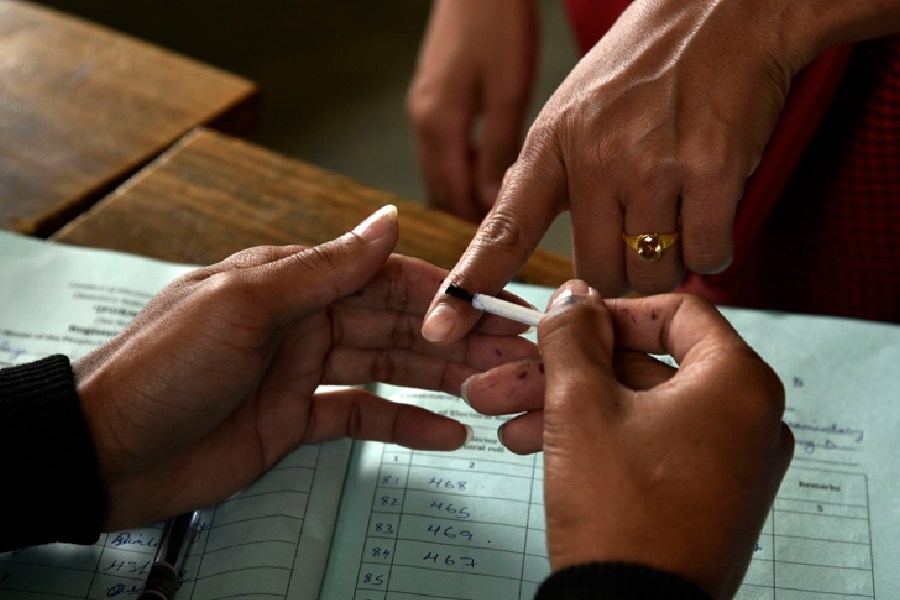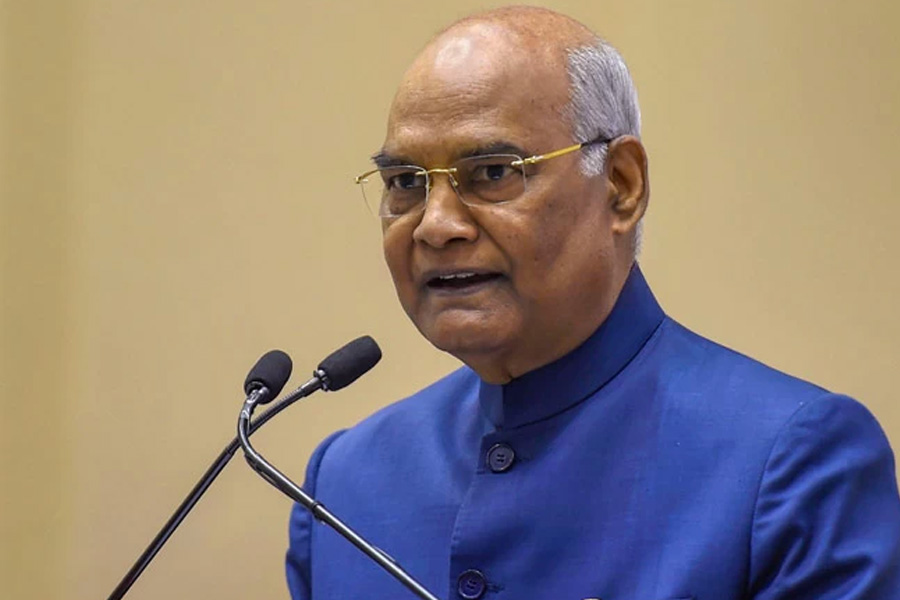Eighteen distinct amendments to the Constitution and other statutes would be required for the implementation of the Kovind committee's recommendations on simultaneous elections, according to the panel's report accepted by the Union Cabinet on Wednesday.
The panel led by former president Ram Nath Kovind has recommended holding simultaneous polls for the Lok Sabha, state assemblies and local bodies in a phased manner after a countrywide consensus-building exercise.
The changes suggested include the amendment to the provisions of the Constitution relating to preparation of the electoral roll by the Election Commission of India in consultation with the State Election Commission(s) for the elections to the local bodies (Article 325).
It would also require an amendment to a constitutional provision in order to have simultaneous elections for municipalities, panchayat along with general elections of the Lok Sabha and the state legislatures (Article 324A).
The panel further said that under Article 368(2) of the Constitution of India, ratification by not less than half of the states will be required to carry out amendments to the Constitution as these matters are related to state affairs.
Addressing the issue of a hung Parliament or assembly, the panel has suggested a mechanism for resolving situations where no single political party or alliance secures a majority.
"A situation that may arise and is required to be dealt with is that of the hung Parliament or Assembly. It is a situation wherein a single political party or a pre-poll alliance does not have enough elected members to secure an overall majority in the House or Assembly," it said.
"The convention over the decades requires the President or the Governor to explore the formation of a Government by inviting the different political parties to form a government, if necessary, by collaborating under a common minimum programme.
"Constitutional values assume that those in public life would rise to the occasion when the need arises in order to ensure that the country or the state as the case may be, have an elected government in place," the report stated.
Except for the headline, this story has not been edited by The Telegraph Online staff and has been published from a syndicated feed.


